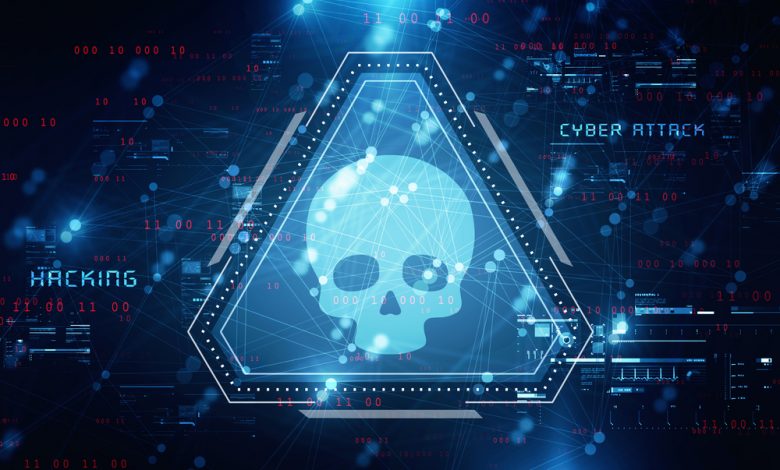
Table of Contents
About Khonsari Ransomware
Khonsari is a malware program belonging to the ransomware family. Khonsari encrypts all the files in a computer until the user pays a ransom. The ransomware drops a file named HOW TO GET YOUR FILES BACK.TXT, containing the ransom note. Files encrypted by Khonsari Ransomware are appended with a .khonsa extension at the end.
Khonsari Ransomware is delivered through a Win32 EXE file and has also been spotted inside the following files and processes: ['FecitAntiques.exe', 'f2e3f685256e5f31b05fc9f9ca470f527d7fdae28fa3190c8eba179473e20789.exe', 'groenhuyzen.exe']
How does Ransomware Spread?
Ransomware is a type of malware that infects a computer system and restricts access to it until a ransom is paid. Hudf ransomware can spread malware through email attachments, websites, removable drives, or social engineering tactics. Once the malware is installed on a computer, it can often spread throughout the system, even across network barriers. The malware can also replicate itself, making the infection more difficult to eliminate.
Khonsari Ransomware Capabilities
The Khonsari ransomware is a malware program with trojan capabilities that attempts to encrypt the user's documents and then demands a ransom to decrypt them. It also creates a few files in the user's directory and makes a few guard pages to prevent debugging. The trojan queries the cryptographic machine GUID, and it contains long sleeps, which is often used in order to avoid debugging.
How to Protect Against Ransomware?
The first thing you should do is to make sure that all the necessary security measures are in place. This includes installing antivirus software, securing your computer's network, and installing firewalls. You should also make sure that you update your software as soon as updates come out and install them immediately. Finally, make sure that you have a strong password for your computer so that no one can gain access to it. Some additional tips to protect yourself from ransomware include:
- Use antivirus software
- Use a strong password for all accounts online
- Use a firewall to filter all traffic coming from the internet to and from your computer
- Use a good anti-malware program and remove any malicious files that it finds
- Use a good anti-spam program and remove any fake email attachments
- Use a reliable backup tool to save your data automatically





Leave a Reply
Thank you for your response.
Please verify that you are not a robot.